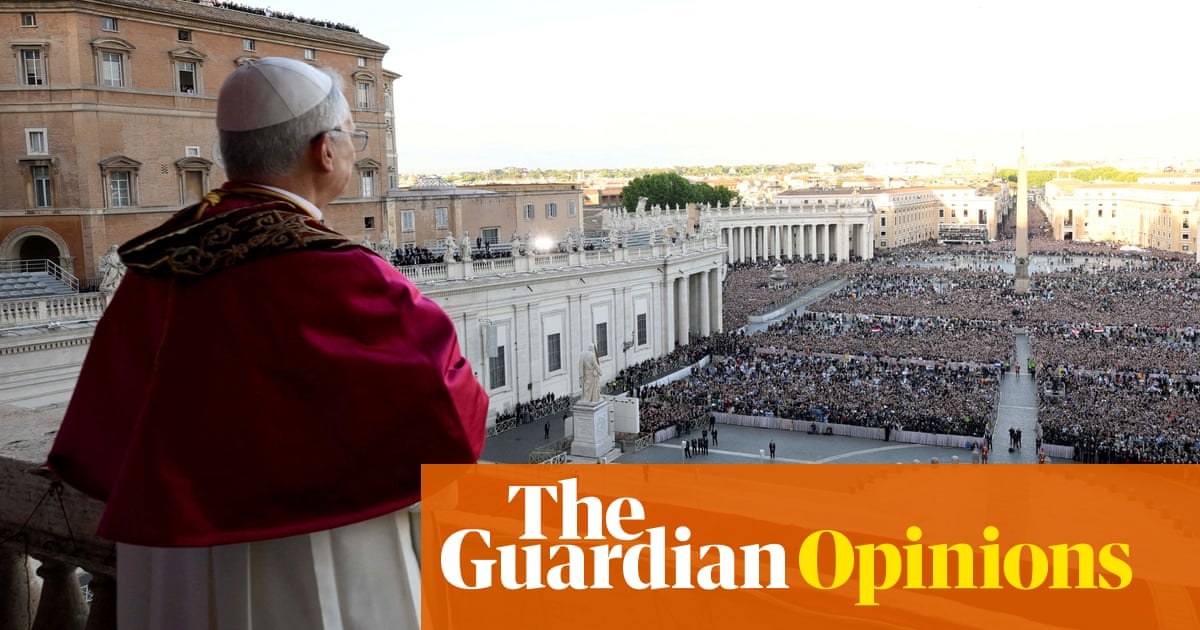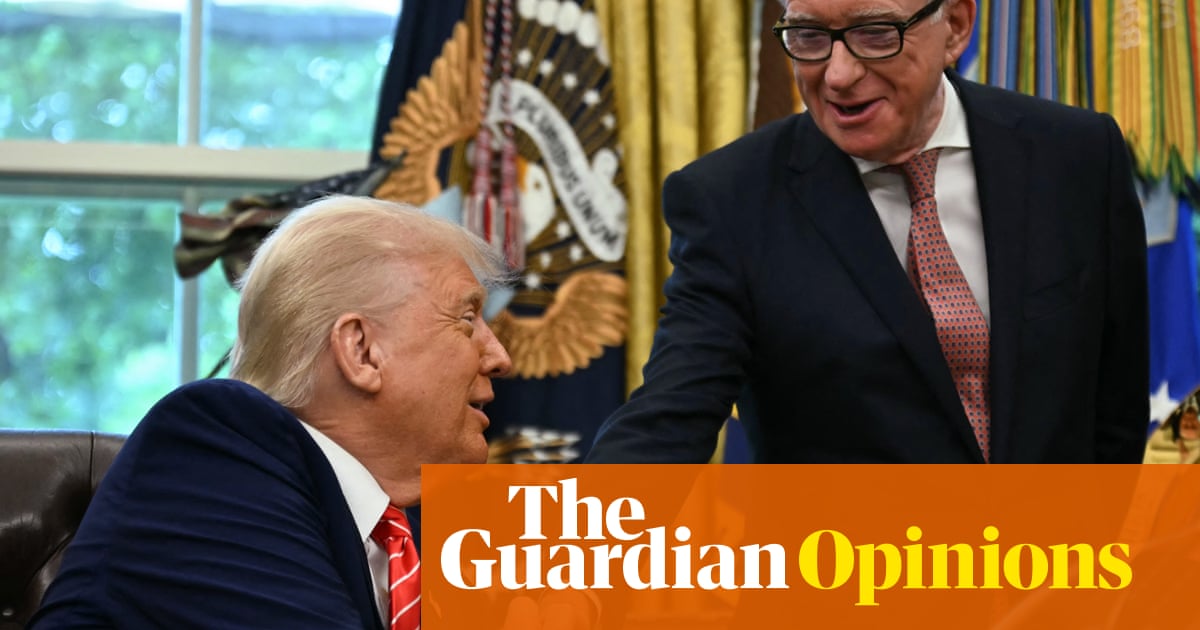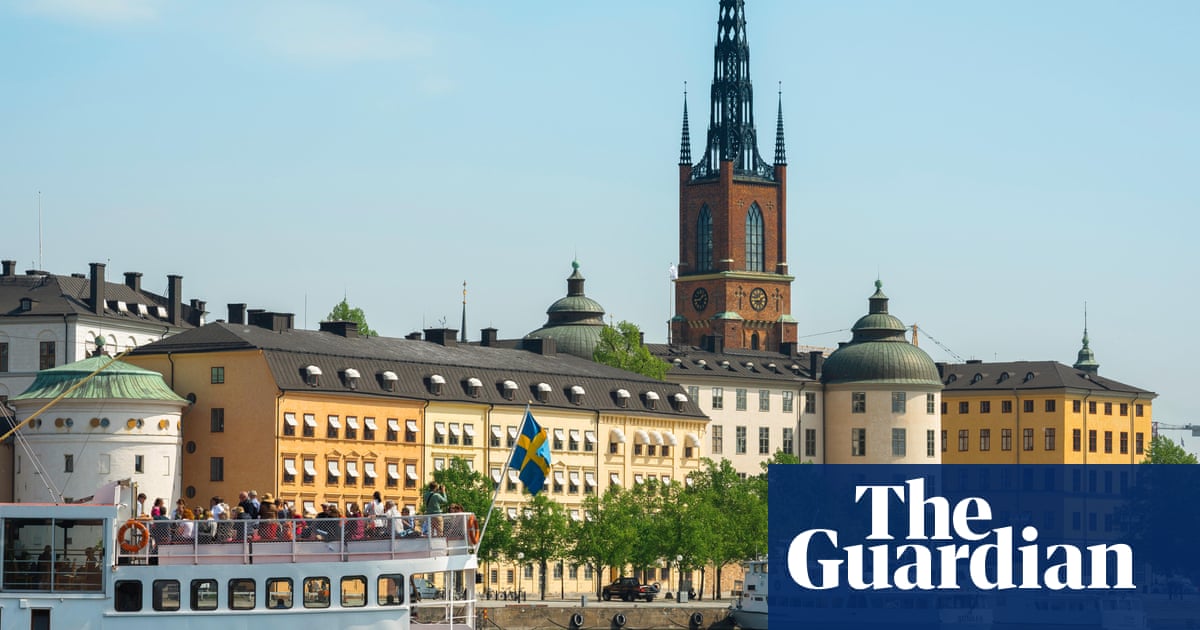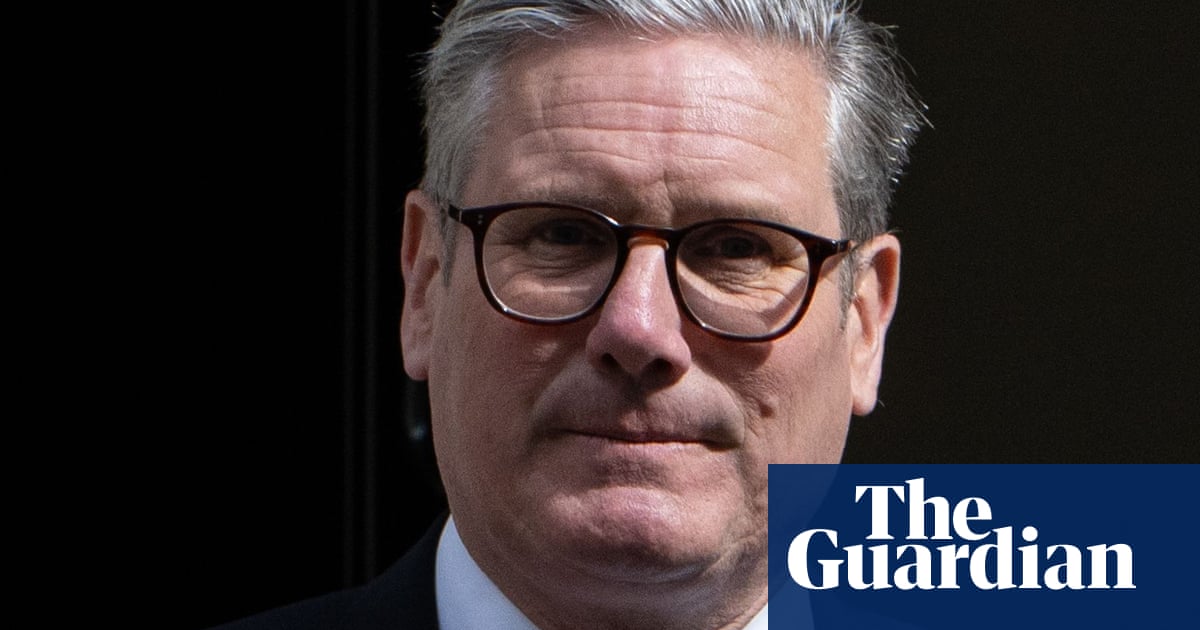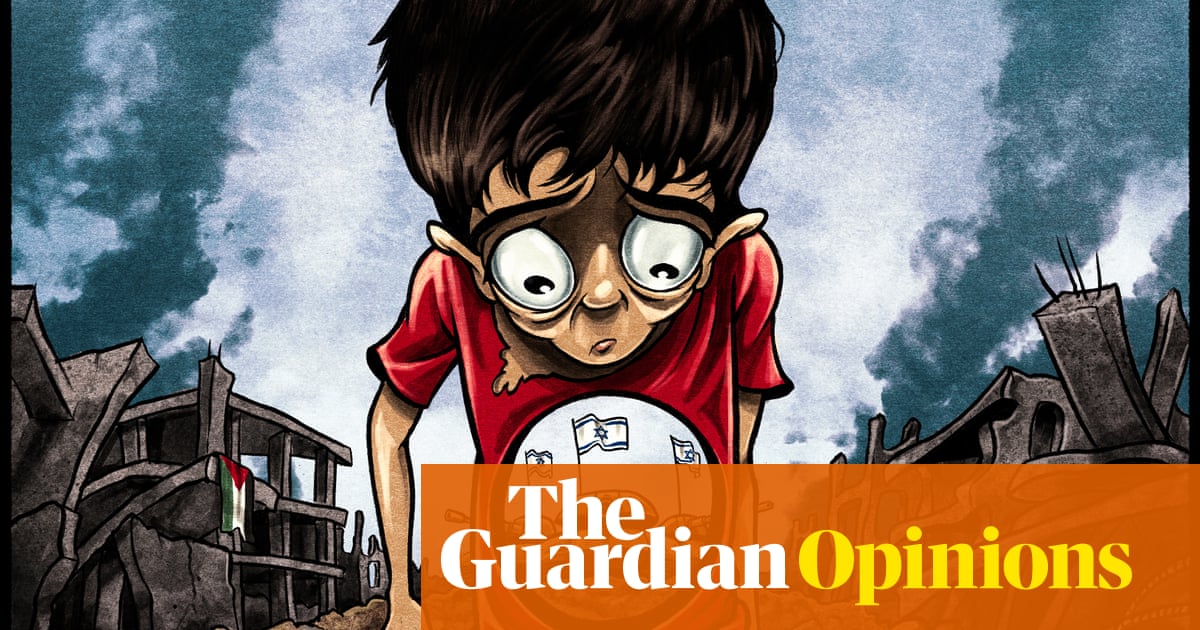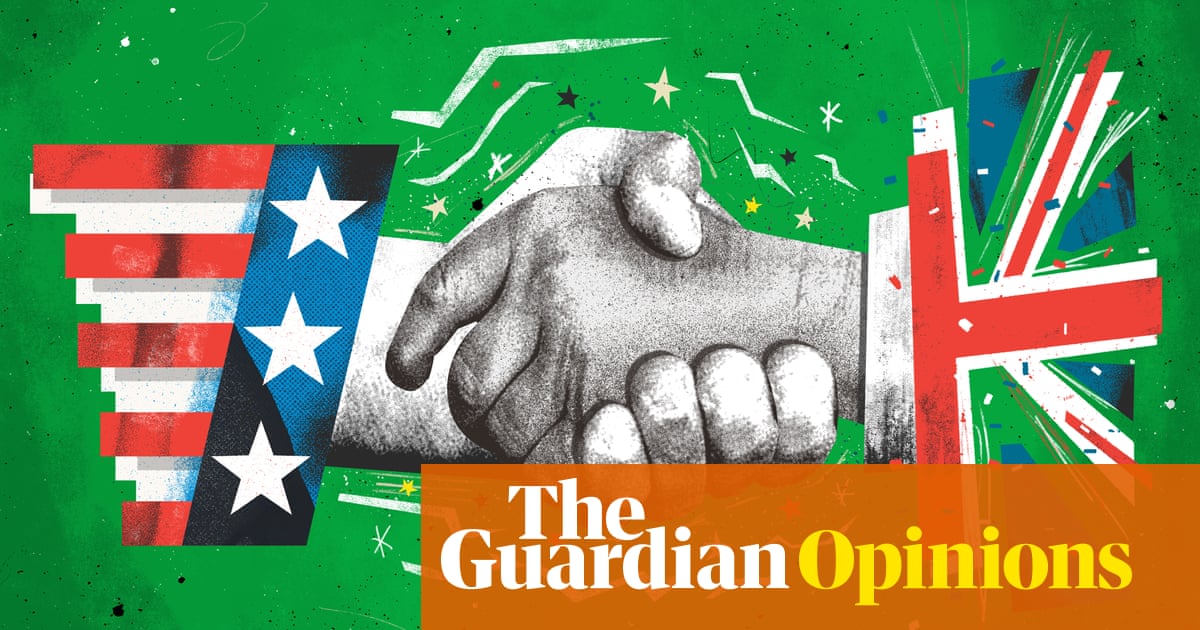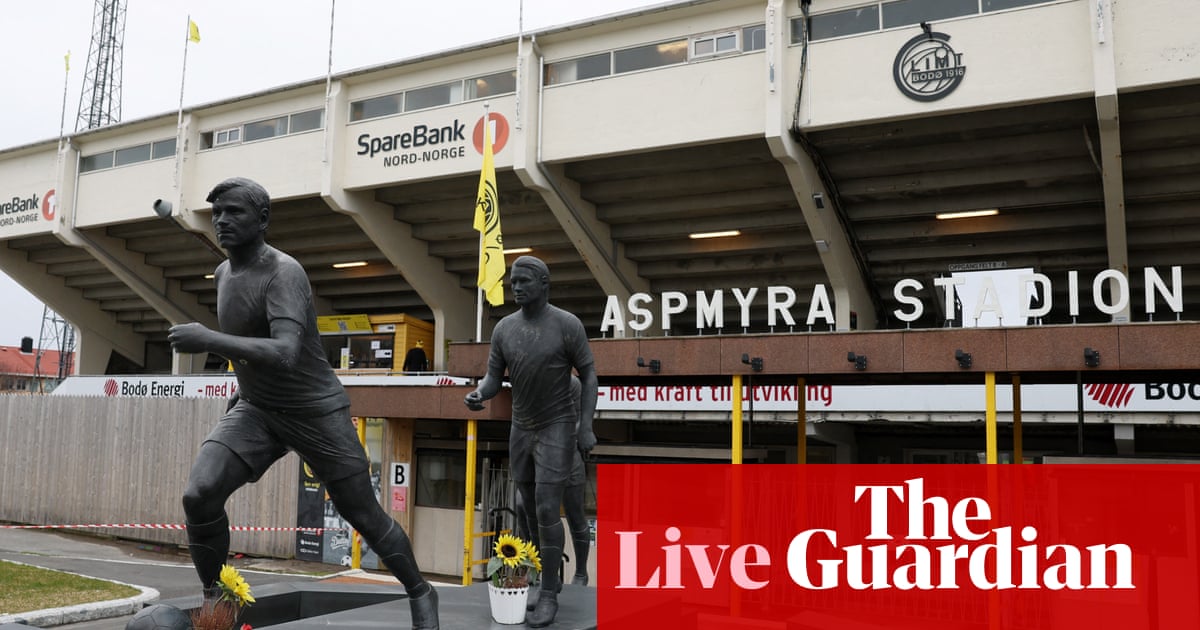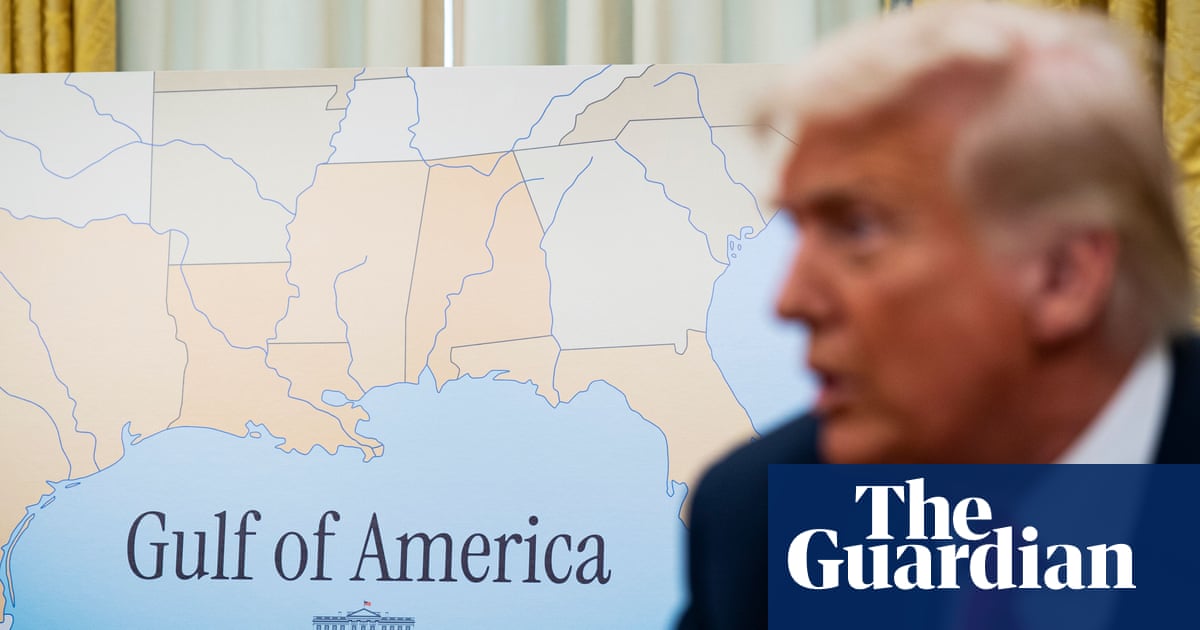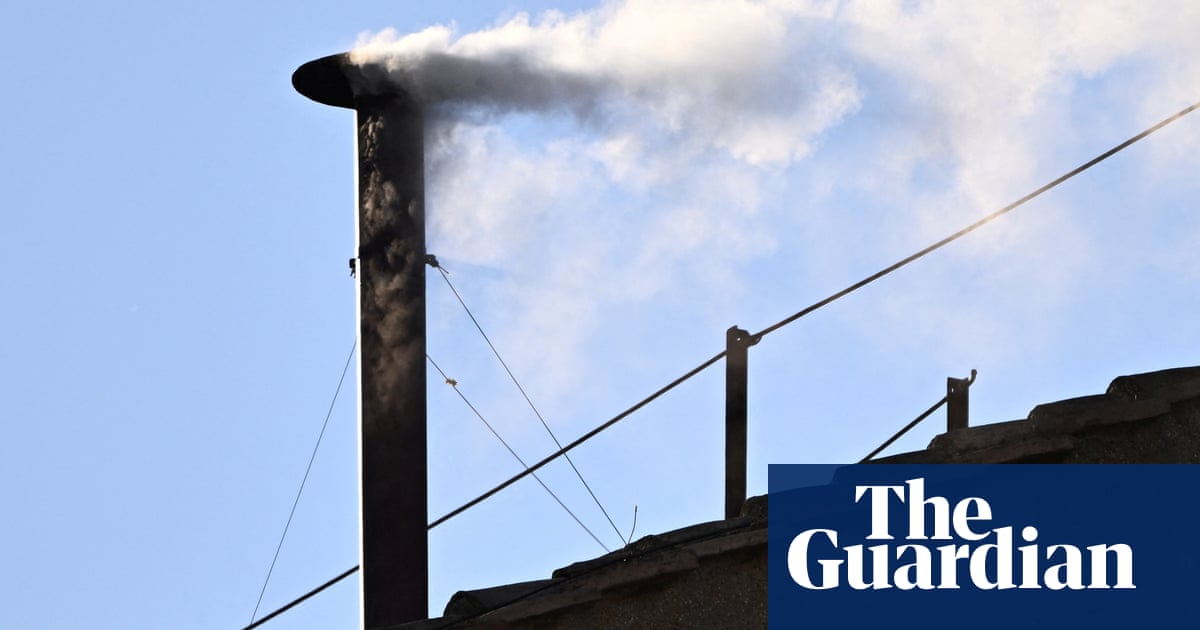Labour MPs have ramped up pressure on the Treasury, calling for an economic reset after the Reform UK surge in the local elections and saying that the economy is stuck in a “doom loop”.
The warning comes from the influential Labour Growth Group (LGG), a large caucus of loyalist new MPs who have lobbied the government to go further on planning and energy reforms. Its chair said that, without drastic action, the Reform UK leader Nigel Farage was on course to become prime minister.
On Tuesday evening, the cabinet office minister Pat McFadden told Labour MPs they were in “the fight of our lives” to take on Farage and said it would be “a battle for the very future and the heart and soul of our country”.
“This is the fight of our lives, this is the generational fight in this new political era,” he told a private meeting of MPs and peers. He said Labour would take on populist nationalism head on. “A new fight is taking shape,” he said. “It’s a fight between our values and a nationalist politics of the right.”
The intervention from the Labour Growth Group comes a day after criticism of the government from another faction, the Red Wall group of Northern and Midlands MPs, who called for a “break away from Treasury orthodoxy” and a rethink of unpopular cuts such as the winter fuel allowance. Another group, Blue Labour, has also called for a stronger drive to reduce immigration, as well as economic reform.
Chris Curtis, the Milton Keynes North MP who chairs the Labour Growth Group, said that the past nine months in power had seen cabinet ministers sometimes acting like “caretakers of decline” and called for an acceleration of the government’s ambition.
“Britain is stuck in a complete economic doom loop. We’ve had low growth. That’s led to pretty awful cuts. It’s led to public services that are broken. And it’s led to disillusionment and division among the country,” he said.
“Until we get out of that economic doom loop, Nigel Farage is going to become prime minister. I think the stakes are that high.”
He said that Whitehall was “hooked on business as usual and will need shock therapy to get off it … No 10 talks about governing as insurgents, but we’re often behaving like caretakers of decline. They have to be more forceful in driving that culture through the system.
“We should be treating the economy as an emergency on the scale of war or the pandemic. The heart of government meeting in the cabinet room every week to smash any obstacle.”
His concerns were echoed by the Livingston MP, Gregor Poynton, also a member of LGG, who said that voters needed to see change was “still possible”. He said: “We cannot afford to let stale institutions, cautious regulators, pressure groups or vested interests stand in the way of that.”
Joe Powell, the MP for Kenshington and Bayswater, said the government now needed to step up another gear. “It’s no surprise after years of flatlining wages and living standards people are impatient for change,” he said.
“If we lose the insurgent mindset of opposition the country will continue to decline, so we need to be brave and accelerate making tough but fair decisions, including massively speeding up housebuilding and agreeing new forms of financing, so people don’t wait decades for new hospitals.”
Curtis said low wage growth, cost of living pressures and huge funding gaps for schools, hospitals and police meant that people were seeing no real improvements in their towns or living standards.
“Unless we start to get the economy growing again, we are not going to get out of this crisis. Farage will rise if wages fall. It’s as simple as that,” he said. Curtis said departments need to better stand up to “vested interests” and to stand up to lobby groups. “We are now going to have to make often very politically difficult decisions in order to break out of this cycle.”
He said it was now clear that Labour had underestimated the scale of the challenge. “I think that’s probably a fair criticism. But that means that we’ve got no time to lose in ensuring we break out of this cycle.”
after newsletter promotion
But Curtis also said that while the government should tackle high immigration, it would not be the means to beat Farage. “Anybody that thinks that bringing down net migration alone is a route to re-election is completely kidding themselves,” he said.
“We could get migration down to zero by the time of the next election, but if people still can’t get a GP appointment and they’re feeling poorer, we’re not going to win the next election.”
Jake Richards, the Rother Valley MP who is a member of LGG and the Red Wall group, added: “The only way we’re going to beat Nigel Farage is by getting out of the doom loop we inherited of dire public finances leading to unpopular cuts and low wages. That means reversing over a decade of stagnant growth with ambitious reforms.
“We’ve had polling recently showing that Reform voters are by far the most financially insecure of all the major parties. Putting money in those people’s pockets is just as essential as robust immigration policy in showing them Labour can deliver.”
Key figures in the different Labour groups plan to increase their coordination in the coming weeks to find consensus on how to apply pressure on the government, with talks expected between the groups over the next few weeks.
Top of the list is a renewed drive to pressure reforms to Treasury principles – known as the green book – to force investment outside the south-east of England.
Maurice Glasman, the Labour peer and Blue Labour founder, told an event at Policy Exchange that the Conservative party had been destroyed and “the same fate will befall this government unless it moves into the space the Conservatives vacated”.
“Reform is a working-class insurrection against the progressive ruling class, and the only way to counter it is for the Labour government to lead the insurrection, to celebrate the collapse of the era of globalisation, to embrace the space of Brexit, the renewal of the Commonwealth, the restoration of vocation, the primacy of parliament, the integrity of our peace, the effectiveness of our armed forces, the protection of our borders.”

.png) 1 day ago
8
1 day ago
8


